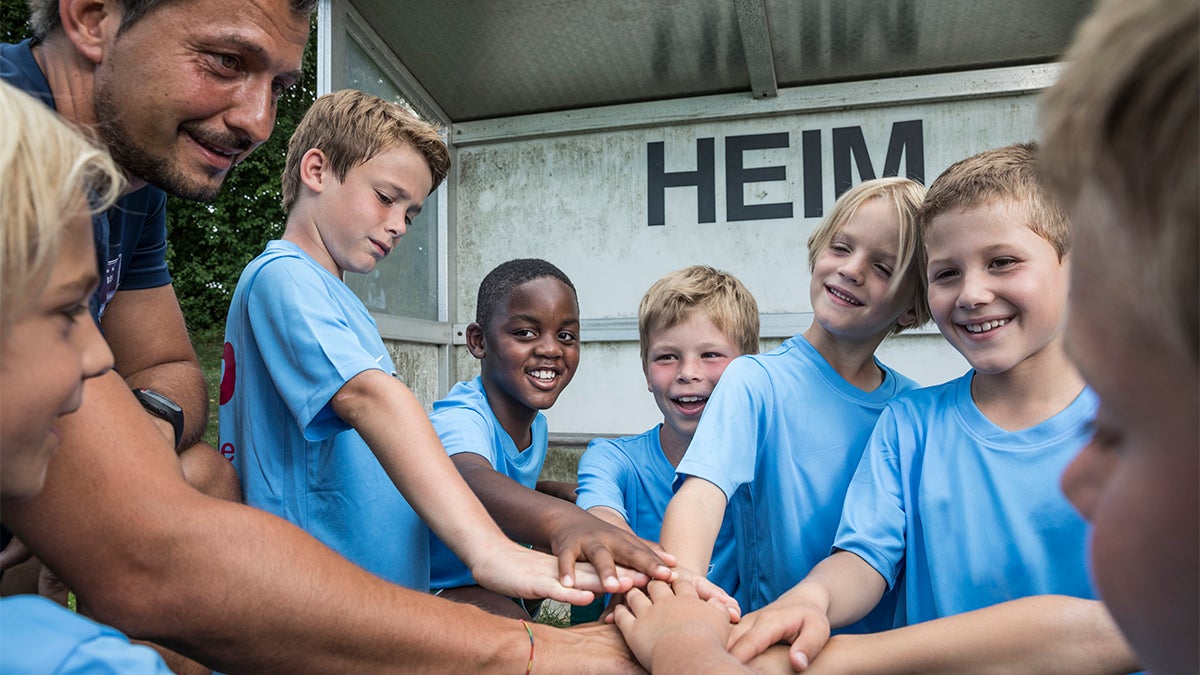Winning isn’t what children enjoy about youth sports
 A new clinical report about what helps children enjoy youth sports reinforces the idea they find many things more fun than winning.
A new clinical report about what helps children enjoy youth sports reinforces the idea they find many things more fun than winning.
According to Kelsey Logan, the director of the Division of Sports Medicine at Cincinnati Children’s Hospital and a co-author of the report, children value other aspects of youth sports more highly.

“The evidence shows that what makes sports really fun for kids is trying hard, making progress, being a good sport, experiencing positive coaching,” Logan said.
In a New York Times article, Logan elaborated on this finding and other aspects of the report. While development and good social interactions are important in youth sports, she said parents also should keep an eye on how engaged their children are when playing or practicing. While many parents assume participation in team sports gives a child enough physical activity to stay healthy, multiple studies show that isn’t always the case.
The article also reinforced the idea that parents play a more central role in a child’s enjoyment of youth sports than good coaching or their relationship with teammates. While Logan said “the coach-athlete relationship is incredibly important,” research showed parents are important in mediating that relationship.
This is important considering research has shown certain coaching styles can be a determining factor in whether children stick with youth sports. When coaches focus on helping athletes master the sport instead of simply winning, children are more likely to succeed. Parents can ensure their children are in the right coaching environment by staying engaged.
The New York Times article also pointed out the potential for abuse from coaches, which Logan said parents need to watch out for. Physician Michele LaBotz, who specializes in sports medicine, added it is important parents ask their children questions about their experience playing youth sports to gauge whether they’re having a positive emotional experience.
This approach contrasts the negative forms of engagement that research has shown decreases a child’s desire to keep playing youth sports. Parents can push their children too far or create negative environments through their interaction with their child’s team.
“The parent plays an absolutely essential role in supporting the child’s progress, skills, development, enjoyment,” Logan said. “I find myself having a lot of conversations about how organized sports is fitting in with the rest of the child’s life.”
Related Articles
The right feedback could keep young athletes in the game

